EV maker Tesla Inc. announced plans to recall 1.85 million vehicles due to a problem with hood latch. The issue is software related so it will be resolved with an over-the-air update.
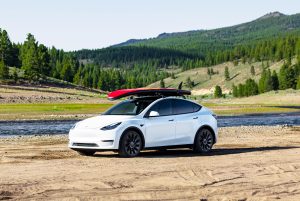
The Tesla Model Y is part of the latest recall by the EV maker. Fortunately, this one can be resolved with an over-the-air update.
The company is recalling certain 2021-2024 Model 3, Model S, Model X, and 2020-2024 Model Y vehicles in the U.S., according to the filing. However, the forms suggest the issue impacts more vehicles in other parts of the world.
Initially the company tied the problem to certain 2017-2024 Model 3, 2013-2024 Model S, 2016-2024 Model X vehicles as well as 2020-2024 Model Y crossovers for the problem. Then it filed the amended form with the 2021-2024 timeframe.
The hood latch assembly may fail to detect an unlatched hood condition after the hood has been opened, according to the filing with the National Highway Traffic Safety Administration.
How it happened
According to the filing, after the owner opens the hood, the latch assembly may not detect that it’s still open, preventing notification of the driver that the hood is still open once the vehicle is in drive. This could allow the hood to open fully while in operation, obstructing the driver’s view. This will increase the risk of a crash.
In March, the company began investigating complaints about unintended hood openings in China. Officials expanded the investigation to Europe and North America.
As of July 20, Tesla identified three warranty claims or field reports for U.S. vehicles related to this condition. Tesla said it is not aware of any crashes, injuries, or deaths related to this condition.
Tesla already released an over-the-air (OTA) software update, free of charge. Owner notification letters are expected to be mailed Sept. 22.
More Recall Stories
- Tesla Cybertruck Faces Two More Recalls
- Ford Recalls 456K SUVs, Pickups
- GM Recalls 820,000 Full-Size Pickups to Fix Tailgate Issue
Large but not the biggest
While the action by Tesla may seem massive, it’s not the company’s largest recall. It recalled 2.03 million — just about all of the vehicles it’s sold in the U.S. — to make updates to the company’s sometimes controversial Autopilot semi-autonomous driving technology.
However, following reports of 20 crashes involving vehicles that had the new Autopilot update, NHTSA opened a probe, saying it had identified “several concerns” regarding the recall, Reuters reported.
Tesla dealt with two recalls on its new Cybertruck last month, bringing to four the number of safety-related service actions since the first of the all-electric pickups was officially delivered to a retail customer last November.
Unlike a number of recent recalls covering Tesla products, the two new defects can’t be fixed by over-the-air updates. They’ll require pickup owners to either bring their vehicles to Tesla showrooms or have the automaker’s mobile service units meet them at some other location. One involved the massive windshield wiper on the truck and the second involved trim pieces on the trunk that can come loose while the truck is in motion.


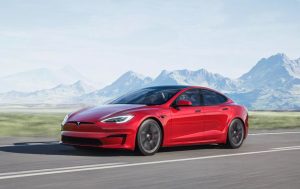

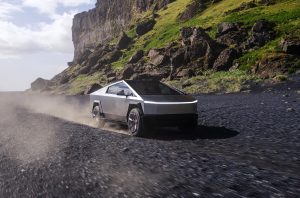
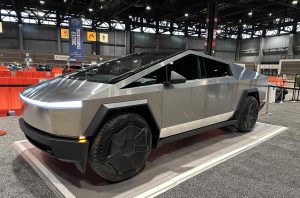
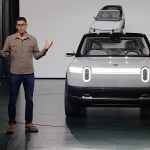
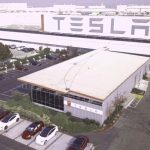
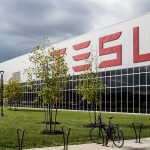
Calling this a ‘recall’ isn’t very accurate. If it can be resolved with an OTA, I’d call it an update. I’d use the cost of repair as the determining factor; in this case it’s about ZERO and no dealer visit.
It’s still a defect that can impact safety. How it’s repaired is irrelevant. And by renaming it you both downplay its potential danger and give Tesla a pass.